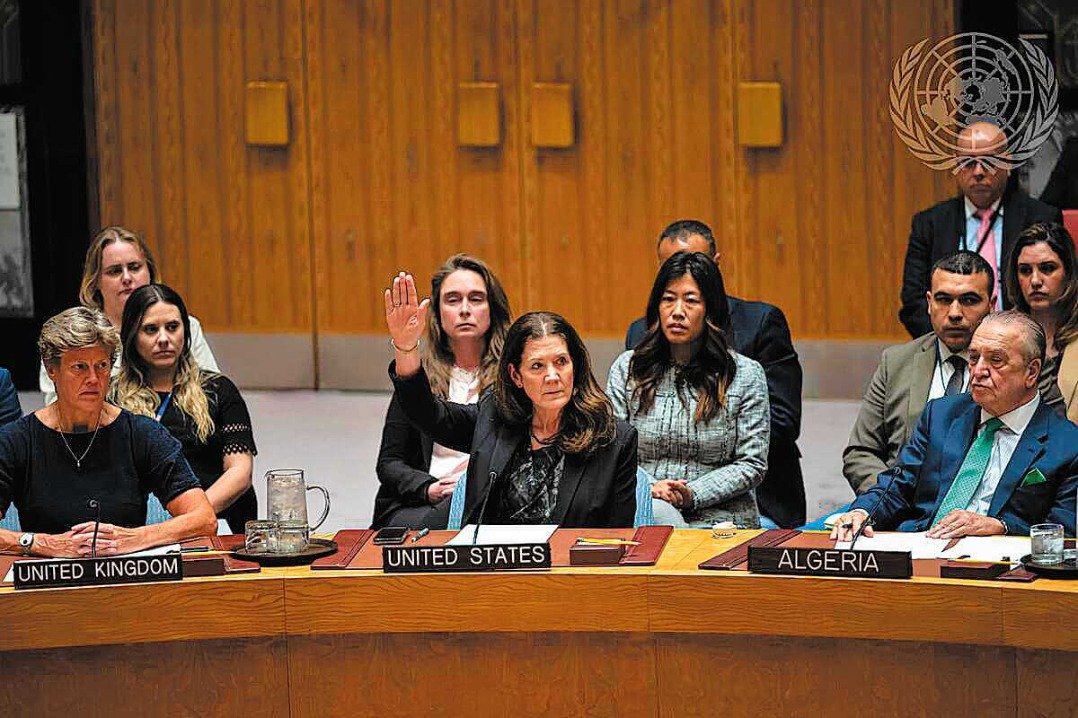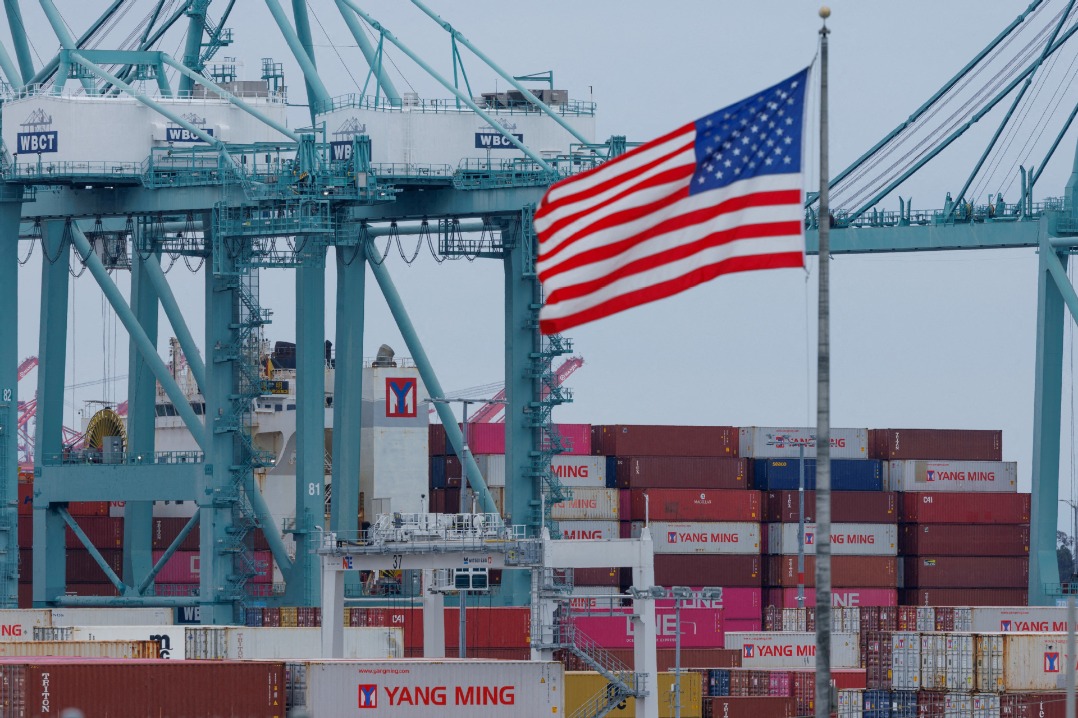ECB cuts key interest rate as economic worries mount


FRANKFURT — The European Central Bank's easing cycle reached the one-year mark on Thursday when policymakers delivered another interest rate cut as concerns mount about the struggling eurozone economy and global trade tensions.
The ECB cut its key deposit rate a quarter point to 2 percent, as widely expected — its seventh consecutive reduction and eighth since June last year when it began lowering borrowing costs.
It also lowered its inflation forecast for 2025, with consumer price increases now expected to hit the central bank's 2 percent target this year.
With inflation under control following a post-pandemic surge, the ECB has shifted its focus to dialing back borrowing costs to boost the beleaguered economies of the 20 countries that use the euro.
US tariffs have added to an already uncertain outlook for the single-currency area, with Europe firmly in its crosshairs, fueling fears about a heavy hit to the continent's exporters.
Announcing the rate decision, the ECB struck a measured tone about the US levies and the potential for retaliation.
It noted that the "uncertainty surrounding trade policies is expected to weigh on business investment and exports" but added that "rising government investment in defense and infrastructure will increasingly support growth over the medium term".
"Higher real incomes and a robust labor market will allow households to spend more. Together with more favorable financing conditions, this should make the economy more resilient to global shocks," it added.
It left its growth forecast for 2025 unchanged at 0.9 percent.
It also said inflation was now around the target, dropping the previous language that it was "on track". eurozone inflation came in at 1.9 percent in May.
"A further escalation in global trade tensions and associated uncertainties could lower euro area growth by dampening exports and dragging down investment and consumption," Bank President Christine Lagarde said.
"By contrast, if trade and geopolitical tensions were resolved swiftly, this could lift sentiment and spur activity. A further increase in defense and infrastructure spending, together with productivity-enhancing reforms, would also add to growth."
ING analyst Carsten Brzeski predicted Thursday's cut "will not be the last".
Agencies via Xinhua

































